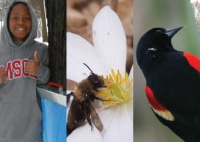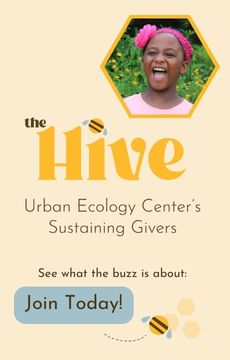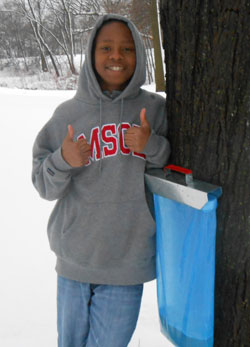
Washington Park - It's Maple Syrup Time!
by Tim VargoPhenology is an interesting and complex field of study - but it also can be delicious! For centuries, people have relied on the weather to tell them when to start tapping sugar maple trees for sap - when high temps reach the 40's, and low temps dip below freezing.
But any maple, even the common Box Elder, can be tapped for sap, as can birch, hickory, walnut and sycamore (although you'll quickly see why sugar maple is the most popular). So experiment in your backyard or come to Washington Park and help us produce our special urban blend of syrup.
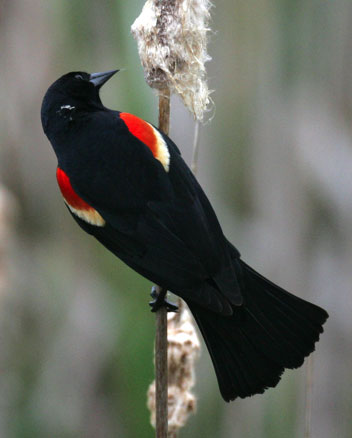
Menomonee Valley - Birds are coming!
by Lainet Garcia-RiveraYou may have noticed that birds like the cardinal and the chickadee, which are mostly quiet during the winter, have begun singing again. Other birds which we haven't seen for months are starting to re-appear as they migrate north.
Birds use a combination of clues, such as longer daylight and temperature changes to begin migration. Waterfowl, herons and kingfishers arrive as soon as lakes and marshes defrost. Red-winged blackbirds and Killdeer have already arrived at the Menomonee Valley. Join us on Tuesday mornings at 8:00am for bird walks to help us track the rest of spring migration.
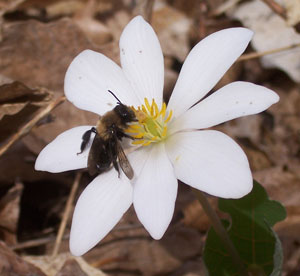
Riverside Park - Ephemeral Emissaries!
by Matt FlowerYou've all heard April Showers bring May Flowers, but what about March Snow Thaws bring a need for an Ephemeral Pause? Probably not, because I just made that up.
Ephemerals are flowers that appear for a brief time after the snow melts and before the trees get their leaves. They are not unusually tall, nor are they exceedingly showy; and with names like Bloodroot, Cut-leaf Toothwort and Trout-lily you might not know what to expect.
By taking a short walk down to the areas labeled Hackberry Split and Vernal Pond Trail on the Riverside Park Trails Map, these delicate and inconspicuous floral treasures await.
Summary
So the lesson to be learned is that changes in temperatures and light bring us syrup, birds and flowers. How fun it is to learn about Phenology! Don't miss the next post; we will continue talking about big changes in nature.
This is one of the Phenology Team's monthly posts. What is Phenology? Click here to read about it!


